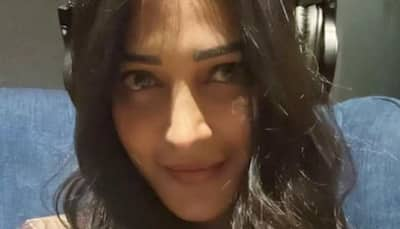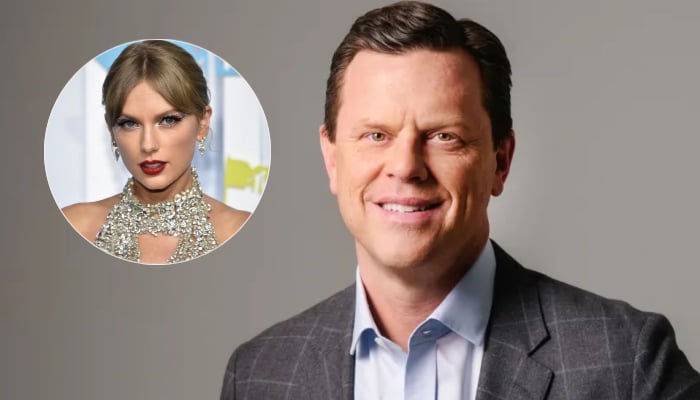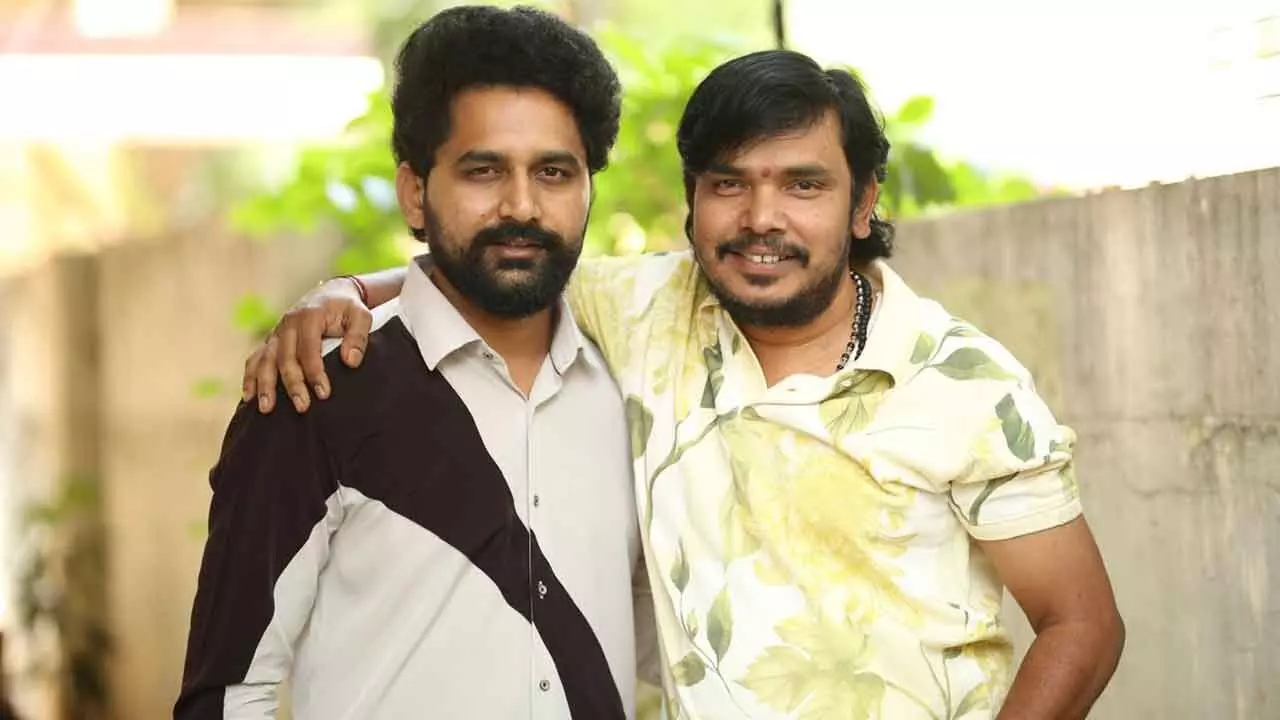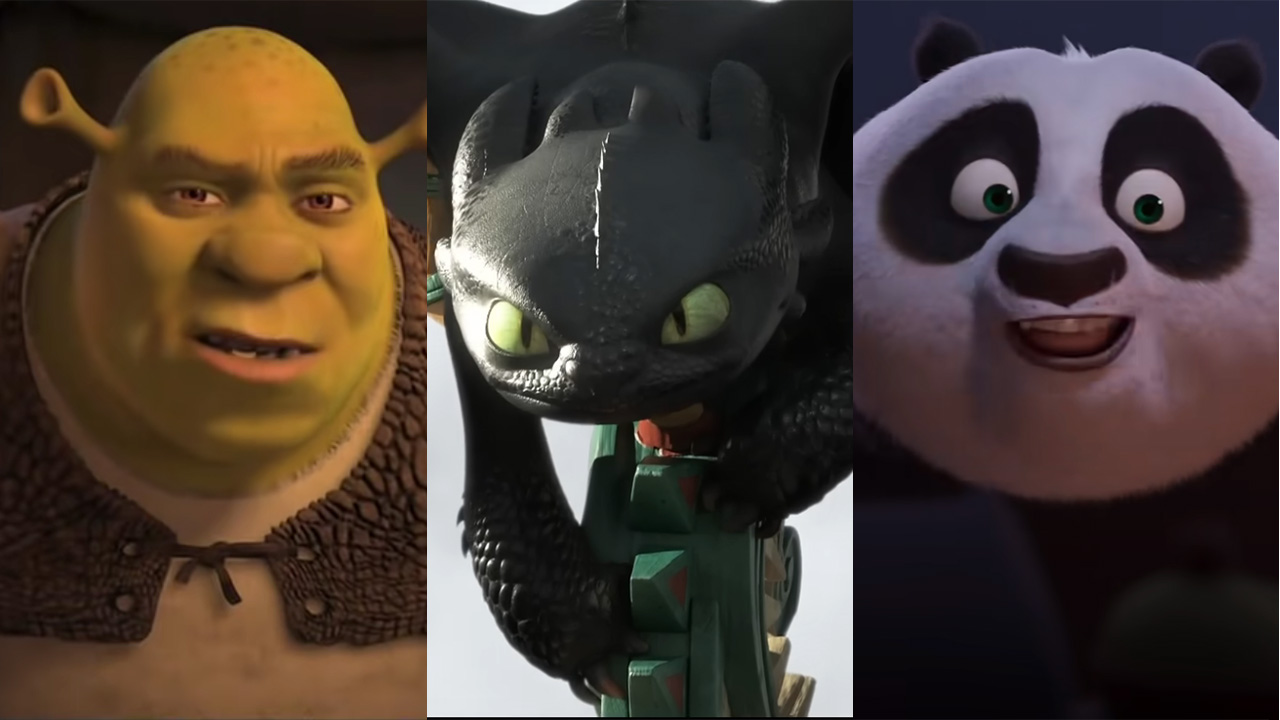Before The Beatles parted ways, John Lennon was already making his own musical waves. He teamed up with Yoko Ono, his second wife, to form the Plastic Ono Band in 1968 , and they released two volumes of experimental music titled 'Unfinished Music' in that same year and the next. Their first single, Give Peace a Chance, penned by Lennon in protest of the Vietnam War, became a defining anthem for the American anti-war movement of the '70s and soared to number two on the UK charts.
Following that release, Lennon offered Cold Turkey, a reflection of his and Ono's heroin withdrawal experiences amid The Beatles' internal conflicts, which he reportedly turned to in 1968. In a telling 1970 interview, Lennon divulged: "Heroin. It just was not too much fun.

I never injected it or anything. We sniffed a little when we were in real pain." He candidly shared the struggle of dealing with harsh critics and how that pressure led to their drug use: "I mean, we just couldn't – people were giving us such a hard time.
And I've had so much s**t thrown at me and especially at Yoko. People like Peter Brown in our office, he comes down and shakes my hand and doesn't even say hello to her." Lennon continued, describing the constant battle they faced: "Now that's going on all the time.
And we get in so much pain that we have to do something about it." The music icon also acknowledged their reliance on heroin due to the stress caused by their own circle, stating: "And that's what happened to us. We took H (heroin) because of what The Beatles and their pals were doing to us.
And we got out of it. They didn't set down to do it, but things came out of that period. And I don't forget.
" John Lennon's Cold Turkey came to life amidst his and Yoko's iconic 'bed-in' protest. The ex-Beatle had initially offered the gritty track to his former band during the Abbey Road sessions in September 1969, but the lads declined. Undeterred, John released it with the Plastic Ono Band just a month later.
John went through quite the ordeal recording the track, even performing it live at the Toronto Rock 'n' Roll Revival festival on September 13—marking the Plastic Ono Band's stage debut. Reflecting on that raw performance, John once confessed: "We were full of junk too. I just threw up for hours till I went on.
I nearly threw up in 'Cold Turkey' – I had a review in Rolling Stone about the film of it – which I haven't seen yet, and they're saying, 'I was this and that.' And I was throwing up nearly in the number, I could hardly sing any of them, I was full of s**t." Despite their best efforts at Abbey Road Studios, with Ringo Starr lending his drumming talents, and a gruelling 26 initial takes, nothing clicked until they reconvened on September 28 to perfect it.
The song's release on October 20 was met with mixed success—its candid drug references led to bans from certain radio stations, much to Lennon's chagrin. He vented his frustration in a 1980 Playboy interview stating, "Cold Turkey is self-explanatory. It was banned again all over the American radio, so it never got off the ground.
" John criticized the authorities for their misguided approach to the issue, stating, "They were thinking I was promoting heroin, but instead...
They're so stupid about drugs! They're always arresting smugglers or kids with a few joints in their pocket. They never face the reality." He emphasized the need to address the root cause of the problem, saying, "They're not looking at the cause of the drug problem.
Why is everybody taking drugs? To escape from what? Is life so terrible? Do we live in such a terrible situation that we can't do anything about it without reinforcement from alcohol or tobacco or sleeping pills? I". John clarified his stance, "I'm not preaching about 'em. I'm just saying a drug is a drug, you know.
Why we take them is important, not who's selling it to whom on the corner." This song marked a significant step in John's transition to solo work and his artistic collaborations with Yoko. Notably, it was his first solo-credited composition, a departure from the Lennon-McCartney partnership.
The single's cover featured an x-ray image of John's head, overlaid with his distinctive round glasses. DAILY NEWSLETTER: Sign up here to get the latest news and updates from the Mirror US straight to your inbox with our FREE newsletter..
Entertainment

John Lennon song got rejected by Beatles, so he released it himself but it got banned

The Beatles were given the opportunity to record a song by John Lennon about his experiences with drugs and addiction, but they turned it down so he released it himself















